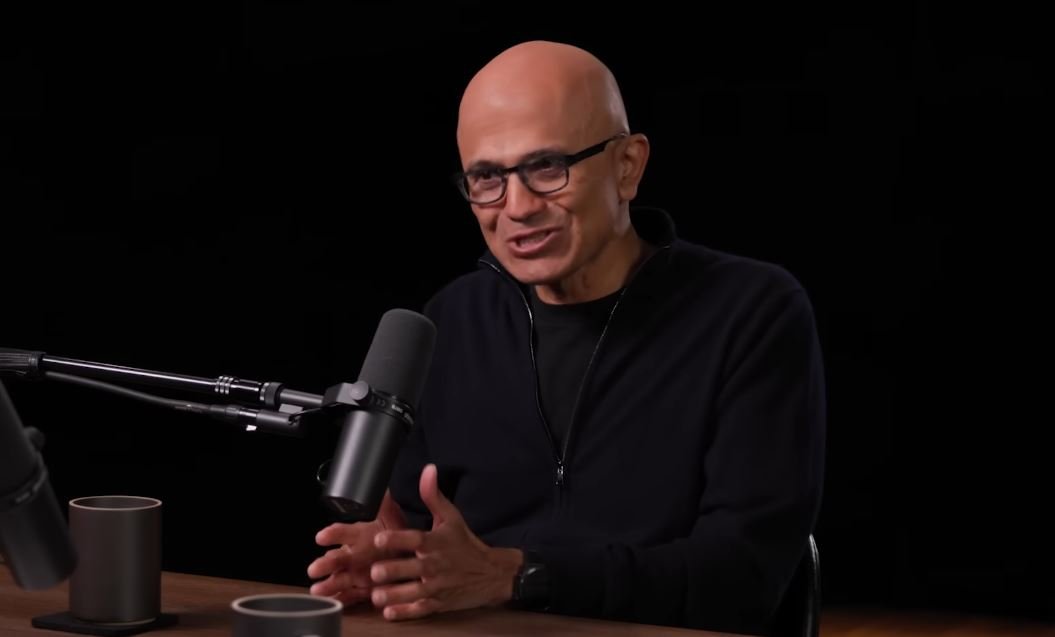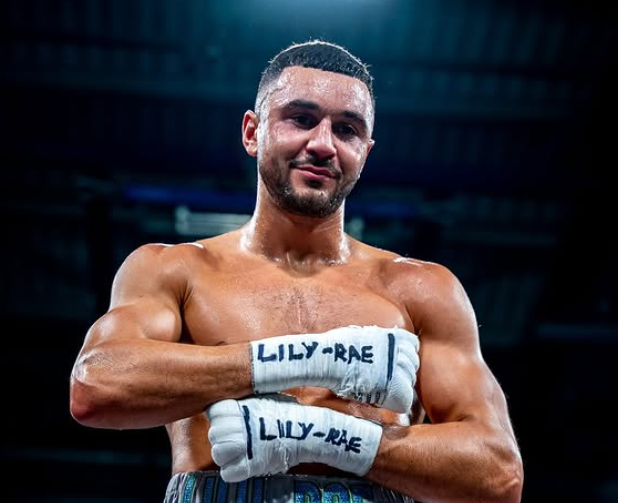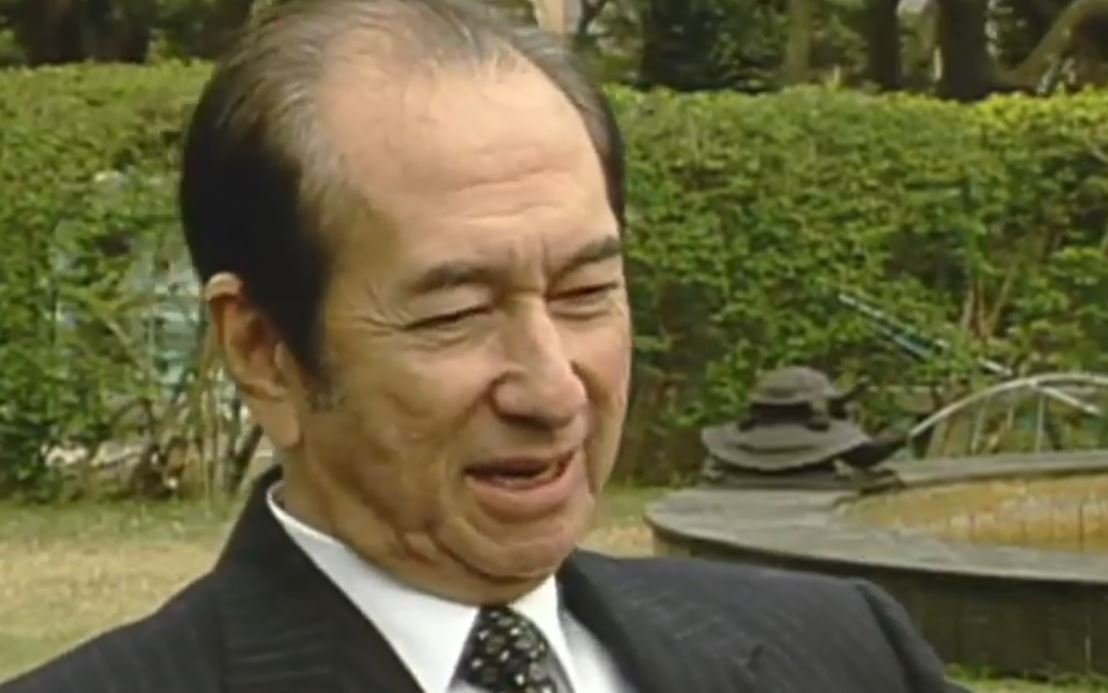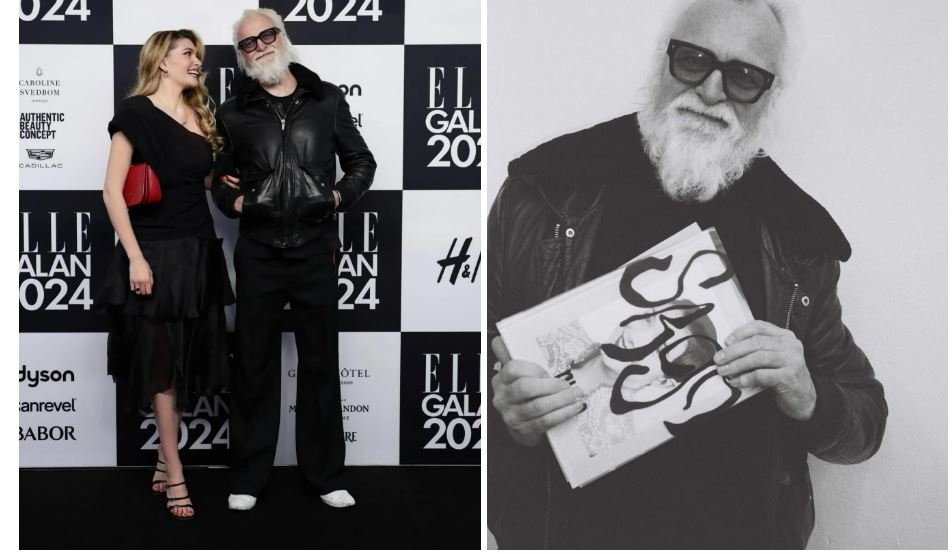The transformation of Quek Siu Rui from a Singaporean university graduate to a tech millionaire serves as an example of how digital business, when motivated by determination and purpose, may significantly increase societal value. Quek’s strategy, as co-founder and CEO of Carousell, a peer-to-peer marketplace that revolutionized the way Southeast Asians purchase and sell used products, is remarkably similar to that of the early dot-com pioneers: long-term, community-first, and unabashedly ambitious.
In 2018, at the age of 26, Quek made waves by declining a $100 million acquisition offer. Even though many would have cashed out, he stayed the course. That choice, which he made after careful deliberation with his board and co-founders, has turned out to be incredibly successful. Due to its increased valuation, which attracted institutional investments and regional consolidation transactions, Carousell is now at the forefront of the online listings industry in Southeast Asia.
Quek Siu Rui – Profile and Financial Overview
| Attribute | Detail |
|---|---|
| Full Name | Quek Siu Rui |
| Estimated Birth Year | 1990 |
| Nationality | Singaporean |
| Education | National University of Singapore (Undergraduate); Dropped out of grad school |
| Known For | Co-founder and CEO of Carousell |
| Founded | Carousell, 2012 (with Marcus Tan and Lucas Ngoo) |
| Estimated Net Worth | Approximately $1.7 billion (Yahoo Finance) |
| Company Valuation | Estimated between $850 million and $1.1 billion |
| Key Investors | Naver, Telenor Group, Sequoia Capital |
| Key Markets | Singapore, Hong Kong, Taiwan, Australia, Malaysia |
Carousell’s user base has expanded to include users from seven important markets during the last ten years. From computers and fashion accessories to used cars and real estate ads, users share everything. Even first-time sellers may now make money with just a few clicks because to the platform’s notable improvement in transaction trust, which is achieved by utilizing regional data and improving user engagement. In many respects, Carousell has turned into a financial leveler, particularly for younger, tech-savvy customers wishing to start a side business or declutter.

Quek’s projected net worth, which is frequently reported at approximately $1.7 billion, is the consequence of valuation-based wealth projection, steady corporate growth, and long-term equity ownership. However, in contrast to many software founders who rapidly switch to venture capital or real estate, he has remained deeply rooted in Carousell’s development. Although silent, his leadership has been remarkably clear in terms of direction and messaging. Creating lasting influence through ongoing iteration rather than quick exit is a recurrent theme in Quek interviews.
Through strategic alliances, Carousell outgrew its rivals in terms of growth. After merging with 701Search in 2019, the business acquired regional websites like ChoTot.vn and Mudah.my. The ecosystem gained more users as a result of these integrations, which also greatly decreased market fragmentation. Instead than spending money on competitive expansion, Quek and his team showed a highly effective scaling strategy by working with Telenor and Naver, two industry experts.
Speculation about a possible IPO has increased in volume in recent years. Given that Carousell’s valuation has stabilized at roughly $1 billion and that public markets are becoming more interested in Southeast Asian technology, an offering may greatly increase Quek’s paper riches. He has, however, avoided the need to hurry, staying true to his methodical manner. For Quek, a more appealing milestone than publicity is profitability. He conveys to both users and investors that Carousell’s journey is far from over by maintaining this stance.
Carousell’s community-focused philosophy and user-friendly design are major factors in its success. Users complimented its low learning curve early on, which is especially helpful in regions where digital literacy varies. The chat-first layout of the app simulates informal communication, so it feels more like texting a neighbor than doing business with a complete stranger. An immensely adaptable ecosystem that is still developing was produced by this user-centric strategy combined with responsive updates.
Carousell quickly adjusted to the drastic changes in retail behavior that occurred throughout the pandemic. Demand for used gadgets, home office supplies, and exercise equipment increased along with the number of listings. In addition to looking for deals, several families used the platform as their main source of income. In addition to being a marketplace, Carousell serves as a financial safety net for households in uncertain times, as demonstrated by this quick change in direction. Quek’s long-term plan made even more sense in that light.
Carousell’s impact extends much beyond the realm of trade. Users have been encouraged to recycle through resale, which has helped form behaviors around sustainability. This social change is frequently emphasized by Quek, who points out that behavioral, not legislative, change is the first step toward a circular economy. Carousell’s normalization of the buying and selling of used goods has contributed to waste reduction and encouraged Asian entrepreneurs to incorporate environmental considerations into their platforms.
Quek keeps a quiet public presence despite his increasing notoriety. He likes to stay away from flamboyance, unlike tech billionaires who attract attention. His approach in public interviews is systematic, frequently emphasizing the efforts of his team rather than his own accomplishments. It is pleasant and educational to hear this collaborative tone in a local sector that increasingly honors individual geniuses. It also fits the Carousell narrative, which is about a platform created by three friends rather than a single man’s dream.
Looking ahead, Quek Siu Rui’s future seems especially bright. Through targeted advertising, payment interfaces, and premium seller features, Carousell is anticipated to expand its monetization tactics in the upcoming years. These changes, if carefully implemented, have the potential to turn the platform from a resale app into a comprehensive online marketplace. The platform’s reach might be increased and new revenue streams could be opened up by entering emerging areas throughout Southeast Asia.
Quek’s creations are an exceptionally resilient illustration of Southeast Asian ingenuity. He has built something that has a profound impact on millions of people by taking a straightforward issue—the difficulties of selling secondhand goods—and purposefully tackling it. Even while it is impressive, his personal wealth is really a minor detail in the bigger picture. Quiet perseverance, strategic planning, and the ability to say “not yet” when the simple response would have been “yes” are the true stories.
Quek Siu Rui provides an incredibly unusual model in a time when unicorn valuations and quick exits are the talk of the town. One with a foundation in community, longevity, and long-range planning. In addition to creating businesses, leaders like Quek are forming an economic model that places a premium on accessibility, usefulness, and long-term value as Southeast Asia’s tech sector develops.









